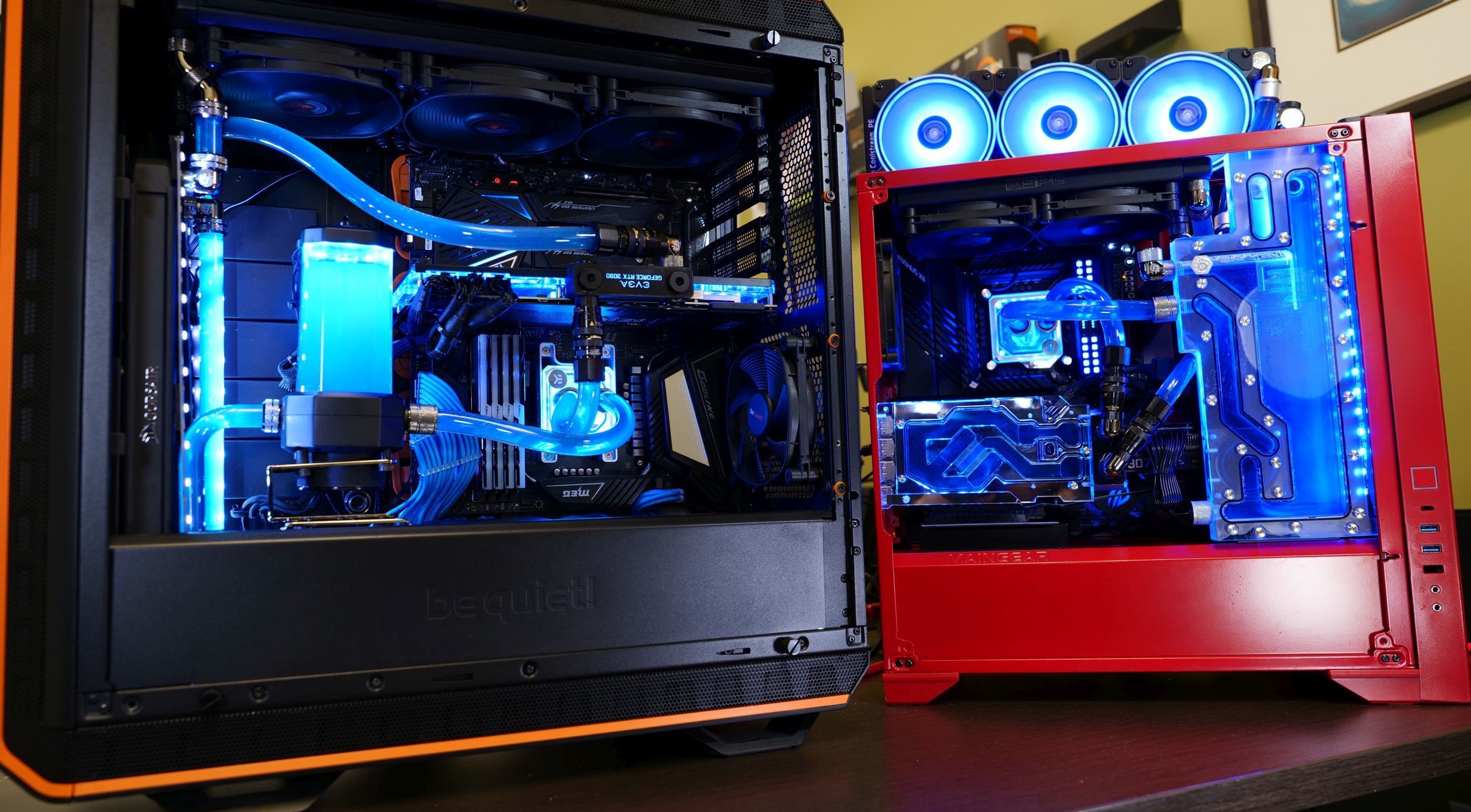To benchmark your PC, use software like PassMark or 3DMark to measure its performance against other systems. Compare the scores to see how your PC stacks up.
Benchmarking your PC is crucial for understanding its performance capabilities. By using specialized software such as PassMark or 3DMark, you can accurately measure your system’s speed, efficiency, and overall performance. These benchmarking tools provide valuable insights into your PC’s capabilities and help you identify areas for improvement.
Whether you’re a gamer looking to enhance your rig’s performance or a professional seeking optimal work efficiency, benchmarking your PC is an essential step toward achieving peak performance.
Importance Of Benchmarking Your Pc
Benchmarking your PC can offer valuable insights into its performance and help you identify areas for improvement. By understanding the purpose of benchmarking, you can gain a clearer picture of how your PC stacks up against others and make informed decisions about upgrades or optimizations. The impact of benchmarking on PC performance is significant, as it allows you to identify bottlenecks, optimize hardware configurations, and ensure that your system is running at its best. Benefits of benchmarking for PC users include the ability to track performance over time, compare results with similar systems, and optimize settings for a better user experience.
How To Select The Best Benchmarking Software
Selecting the best benchmarking software is essential for accurately assessing your PC’s performance. When identifying features, prioritize tools that offer comprehensive performance testing, including CPU, GPU, and memory evaluations. Look for software that provides detailed analytics and customizable testing options to suit your specific hardware configuration. When comparing options, consider popular choices such as 3DMark, PassMark, and PCMark, and evaluate their compatibility with your system. Additionally, analyze user reviews and recommendations to gauge the reliability and user-friendliness of each benchmarking tool. By carefully considering these factors, you can confidently select the most suitable benchmarking software to effectively measure and optimize your PC’s performance.
Steps To Effectively Benchmark Your Pc
To effectively benchmark your PC, first ensure that your system is free from unnecessary background processes and programs. Adjust your power settings to high-performance mode and close any open applications to allocate maximum resources for benchmarking tests. Next, select and run benchmarking tests using reliable software to evaluate various aspects of your PC’s performance, such as CPU, GPU, and memory. When interpreting the benchmarking results, pay attention to factors like frame rates, rendering times, and overall system responsiveness. Compare your results with standard benchmarks for your hardware to gauge the performance of your PC accurately. Through careful analysis of the benchmarking metrics, you can identify potential bottlenecks and areas for improvement within your system.

Credit: www.cgdirector.com
Frequently Asked Questions For Benchmark PC
How Can I Benchmark My PC Performance?
To benchmark your PC, use software like Geekbench or 3DMark to measure CPU and GPU performance. Run benchmark tests and compare results with similar systems for an accurate performance assessment.
Why Is PC Benchmarking Important?
Benchmarking helps identify hardware weaknesses, assess system stability, and compare performance to similar systems. It aids in optimizing PC settings, identifying bottlenecks, and making informed hardware upgrade decisions.
What Are The Best PC Benchmarking Tools?
Popular PC benchmarking tools include PassMark PerformanceTest, SiSoftware Sandra, and UserBenchmark. These tools offer comprehensive performance testing for CPUs, GPUs, storage devices, and overall system performance.
Can Benchmarking Harm My Pc?
Benchmarking software itself does not harm the PC, but extensive stress testing may lead to increased component wear. It’s important to monitor temperatures and not overclock hardware excessively during benchmarking to avoid potential damage.
Conclusion
Benchmarking your PC is crucial for understanding its performance and identifying potential upgrades. By following the steps outlined in this blog post, you can accurately gauge your PC’s capabilities and make informed decisions. Regular benchmarking ensures optimal performance and a seamless computing experience.
Embrace this valuable tool to unlock your PC’s full potential.

